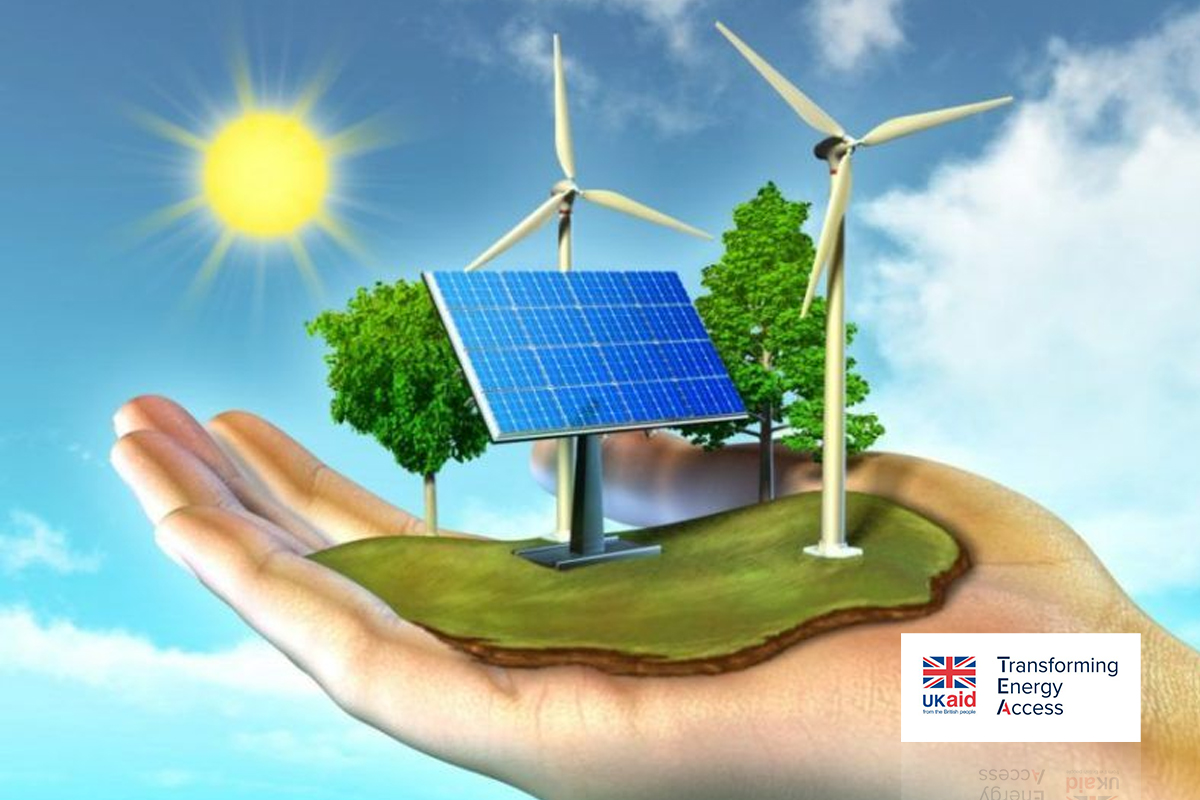PhD. Clean Energy and Environment

Programme Structure
First Semester
ENS 806 Research Methods
|
The course provides hands-on experience to students on theoretical/conceptual framework and modelling, statistical tools, data collection and analysis, problem identification and objectives setting, literature-searching skills to enable them write research proposals. Objectives The objective of the course is to:
|
ENS 827 Local Solutions for Energy Access
|
This multi-disciplinary, non-technical course aims to provide the student with a framework to analyze the local/regional Distributed Renewable Energy (DRE) sector, assess its challenges, and offer potential solutions. Objectives The objectives of the course is to enable students:
|
ENS 902 Energy Scenario and Energy Policy
|
This course focuses on contemporary issues, ethics and policies and its implications for energy technologies and transition toward to sustainable and lower carbon energy systems. Objectives The objective of the course is to:
|
ENS 903 Environmental Impact of Renewable Energy
|
This course will explore the impacts of climate change; why we should care about them, the science that underpins our understanding and how we can fix the problem before it’s too late. Objectives The objective of the course is to:
|
ENS 921 Renewable Energy Audit and Management
|
This course will provide energy management professionals certified professionals with an in-depth understanding of the market, industrial, and commercial implementation of cost-effective energy-saving measures. Objectives By the end of this course is to:
|
ENS 923 Solar Energy
|
This course provides contemporary knowledge in solar energy systems in the context of recent advances in renewable energy processes. Objectives:
|
ENS 925 Biomass Energy
|
This provides details of the use of biomass for bioenergy use, biomass sources, processing systems, human health effects, potential environmental damage, pollution abatement, and energy generating systems. Objectives
|
Second Semester
ENS 826 Appliances for Off-Grid Communities
|
This multi-disciplinary course aims to provide the students with insights into the technical, environmental, socio-economic, policy, and business aspects of off-grid appliances that improve quality of life, livelihoods, local economies, and climate resilience. Objectives Objective of the course is to:
|
ENS 828 Mini-Grids Planning and Design
|
The course aims to impart holistic, high-level, practical skills to plan and complete a technical design for a mini-grid to support sustainable energy access for off-grid communities.
Objectives
|
ENS 836 Energy and Geopolitics
|
The course will assess the profound transformations in the world energy landscape due to rapid technological change and concern about climate change. A review of global energy security and how key countries and regions view their energy challenges and strengths will be carried out. It will focus on evaluation of the considerations of impact international relations and strategies, and how energy security can be shaped by geopolitical factors, e.g., the rise of nationalism and weakening of the post-World War II global order. Objectives The objective of the course is to: i. Describe the major energy security issues facing the world and specific regions and countries today and how this may evolve going forward ii. Discuss how particular countries and regions view their energy strengths and challenges and how this perception impacts foreign and security policies. iii. Explain how geopolitics might affect energy trends and how geopolitics could be impacted by energy developments |
ENS 906 Wind Energy
|
This course deals with wind energy, the wind resource and its characteristics. Wind turbine types, configurations, components, design of machines and wind farms as well as Wind turbine aerodynamics Objectives By the end of this course, the students will be able to
|
ENS 922 Hydro-energy
|
This course discusses hydro-energy as a renewable energy resource and the benefits of adopting wave & hydro technology, design a wave & hydro installation and take advantage of incentives available. The course enables participants to work successfully in the renewables and wave & hydro industry, both locally and internationally. Objectives By the end of the course is to:
|
ENS 924 Biomethanation
|
The course discusses learn types of biomass, assessment techniques, biomass properties, thermo chemical designed for professionals and practitioners in the fields of renewable energy, environmental management, engineering, project management, and community development. Objectives The objective of the course is to:
ii. Discuss assessment techniques iii. Discuss biomass properties iv. Discuss thermo chemical, biological and chemical conversion v. and power generation using bio mass |
ENS 932 Energy Efficiency and Management 3 Credits
|
This course provides students with the knowledge on energy consumption and energy efficiency, especially for building systems. And energy scenarios, policies, legislation and standards Objectives The objective of the course is to:
|
ENS 934 Energy Project Evaluation and Management 3 Credits
|
This course highlights energy project evaluation and management how to develop project budgets and schedules that can be accurately monitored and Evaluate key performance indicators through earned value management and recognize energy project risks and know how to manage them Objectives The objective of the course is to: Develop project budgets and schedules that can be accurately monitored and evaluated
|



